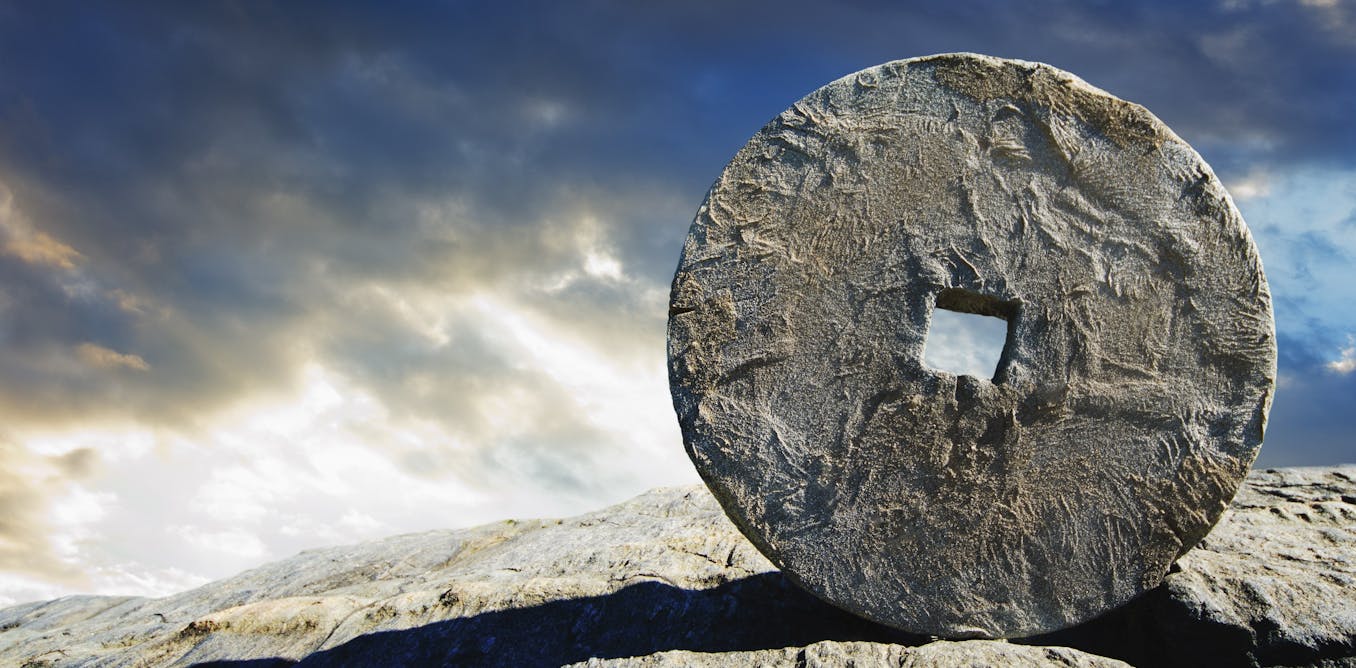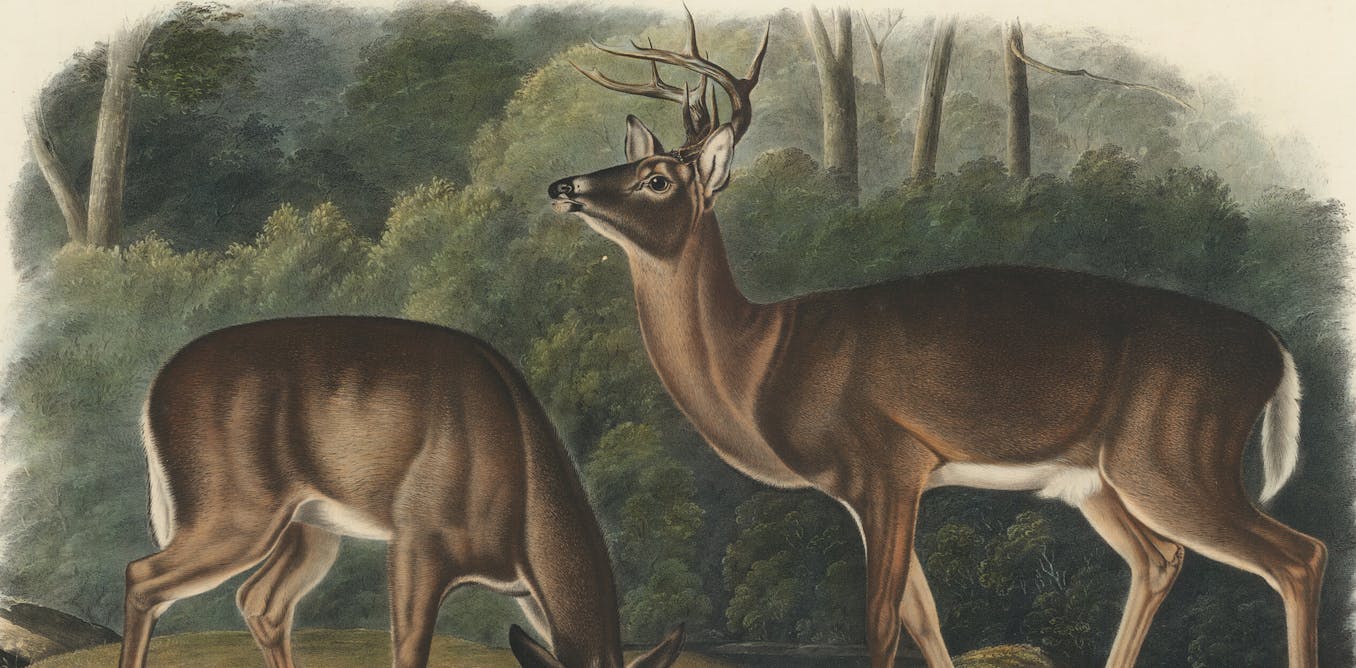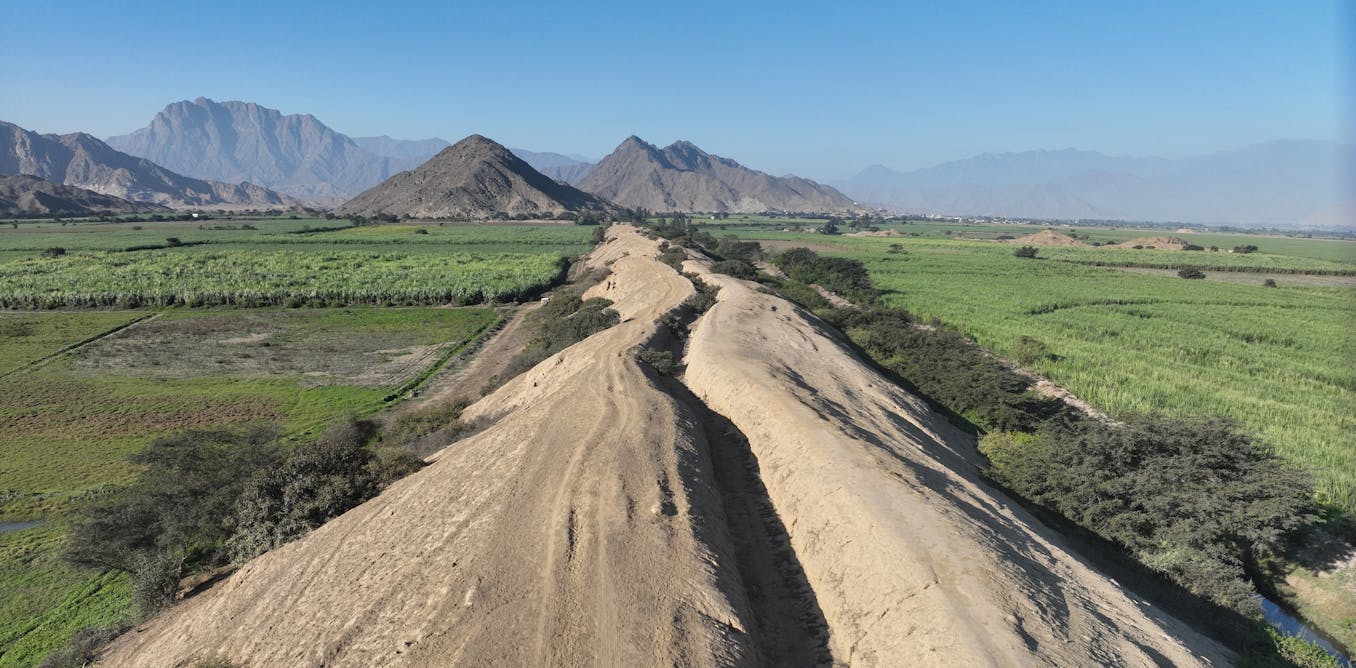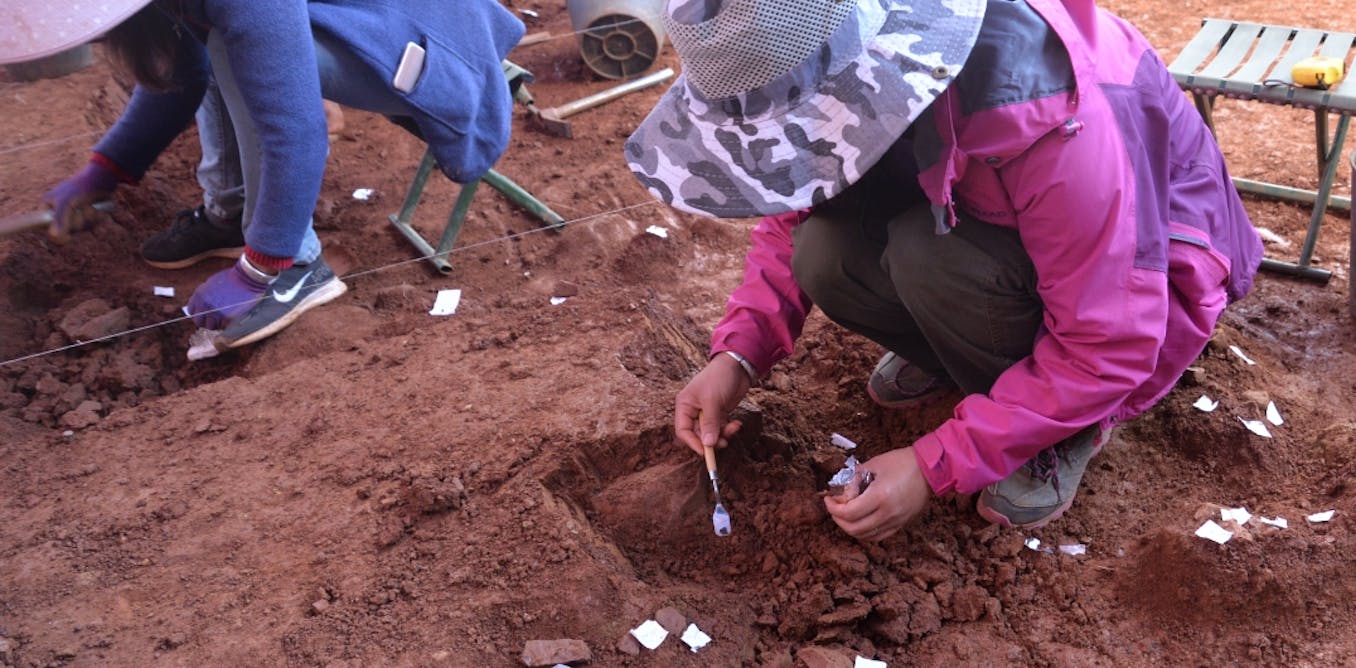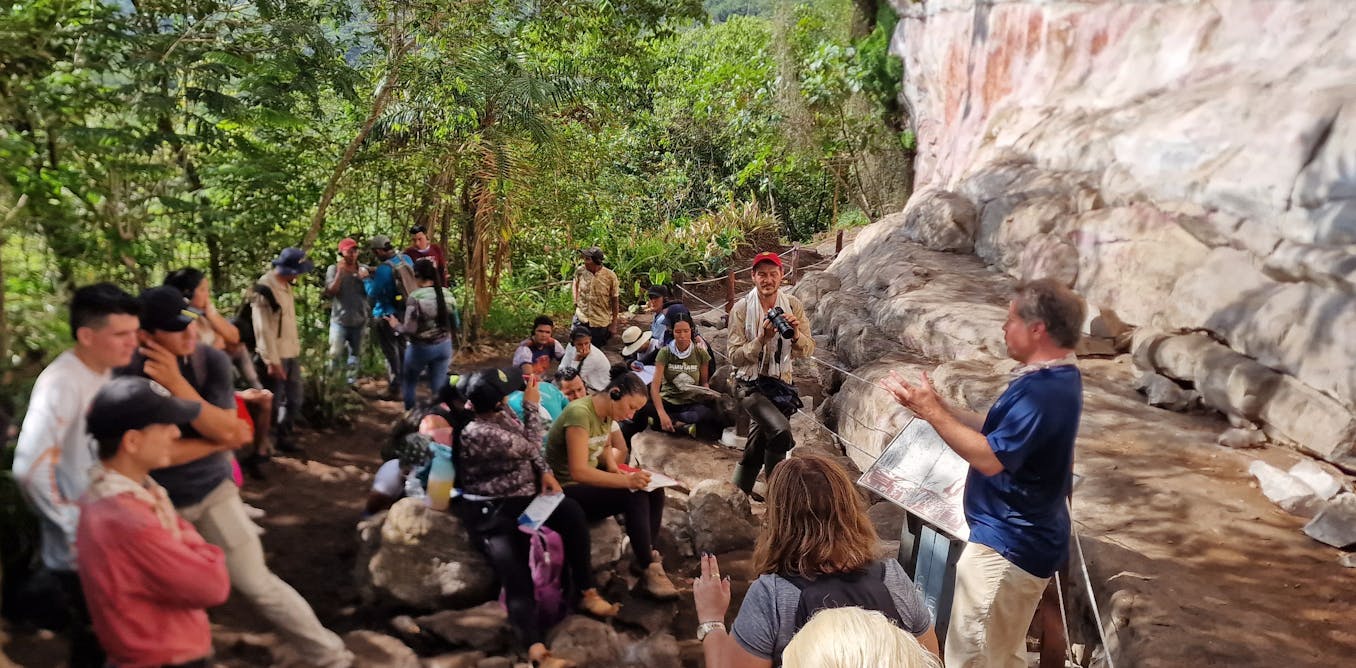How was the wheel invented? Computer simulations reveal the unlikely birth of a world-changing technology nearly 6,000 years ago
People have long assumed that wheels evolved from simple wooden rollers. But how? And why? A new model focused on mechanical advantage and structural strength suggests some answers.
June 11, 2025 • ~8 min

